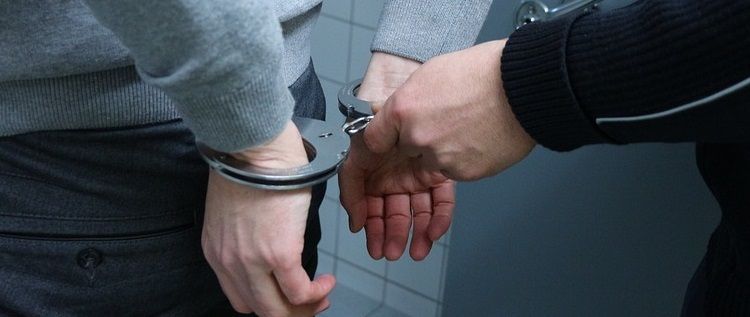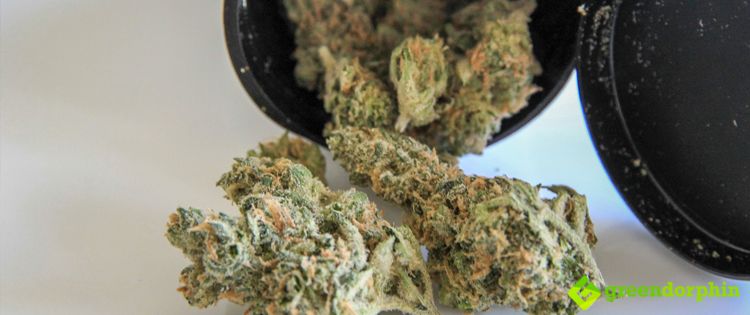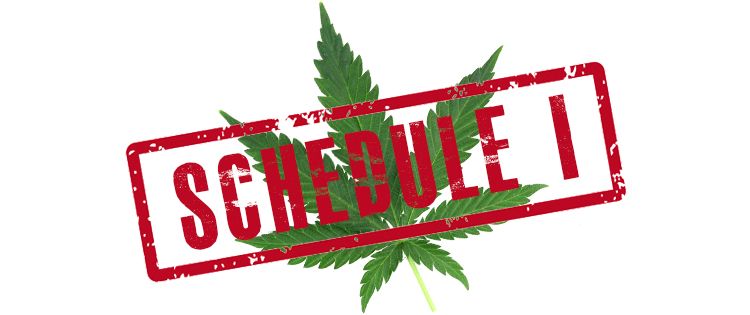As the financial and social cost of the failed war on drugs becomes more and more apparent to the general public around the world, a movement for change is on the rise.
Decriminalizing all drug possession in Portugal over 15 years ago has brought huge social and cultural success to the small southern European country. One of the leading architects of that political maneuver, Antonio Guterres, is now the Secretary General of the United Nations.
Guterres getting the top job at the UN has raised hopes that he would change the Single Convention on Narcotic Drugs treaty that has been driving the war on drugs in every country around the world since 1991. This treaty is credited to Harry Anslinger, and it is responsible for the badly failed war on drugs not only in the United States but all around the world.
The world is finally waking up to the fact that the war on drugs is the war on people. It has not achieved anything positive over the decades since it has been going on for, but responsible for many lost lives and has been used as a tool to mistreat minorities.
 Celebrities like Richard Branson, as well as many top government officials, such as Mick Palmer the former Commissioner of the Australian Federal Police has called for ending this senseless war that is criminalizing and killing our children.
Celebrities like Richard Branson, as well as many top government officials, such as Mick Palmer the former Commissioner of the Australian Federal Police has called for ending this senseless war that is criminalizing and killing our children.
The support for changing this broken system that has never worked is growing around the world, however, the US didn’t seem likely to take lead under the new ‘tough on drugs’ Attorney General, Jeff Sessions.
I was delighted to see the Washington Post article last week about Oregon bill decriminalizing Heroin, Cocaine and other drugs possessions.
The article talks about the bill reclassifying possessions of drugs from a current felony to a misdemeanor. This is a great step forward and very encouraging to see this happening in the United States at this point in time.

Reducing punishment for drug users is great news and should encourage them to seek help and be able to address their problems more effectively without having to worry about prosecution and lengthy prison sentences, simply for using drugs.
The bill is now only subject to Oregon Governor, Kate Brown’s signature, which is likely to happen soon.
There is a lot to celebrate, however it is worth noting that, to defelonizate is not exactly the same as decriminalization.
The bill does not mean that drug users will not face jail time at all for possession of small amounts of drugs. It means that possession will not result in felony charges, however, it still may provide ground for arrest and may result in jail time.
“Felony sentences for small, user quantity amounts often carry heavy consequences including barriers to housing and employment which have a disparate impact on minority communities,” House Speaker Tina Kotek was quoted by the Statesman Journal.

As Ms. Kotek noted above, the bill is expected to make the biggest impact in the life of minority groups, most especially African Americans. A 2015 report from Oregon shows that people of colour have been convicted of felony drug possessions at twice the rate of whites.
This matches up with data from other parts of the world, such as New Zealand and Australia, where indigenous citizens of colour are arrested close to double the rate of their white fellow citizens. We recently reported that, in the state of Queensland in Australia, 34% of the prison population is Aboriginal, while they only make up 3% of the state’s population.
This initiative should provide alternative options for those most in need with drug addictions and other drug related problems and combined with Oregon’s legal adult use cannabis program, it is most likely to produce the results that may enable other US states and countries around the world to follow.
Your thoughts/ views matter, share it in the comments below.
- How to Use Waxmaid Honey Pen? - April 9, 2024
- How To Choose The Best Electric Dab Rig For Christmas - December 7, 2023
- Maintenance Matters: Keeping Your Glass Water Bong in Pristine Condition - October 9, 2023


